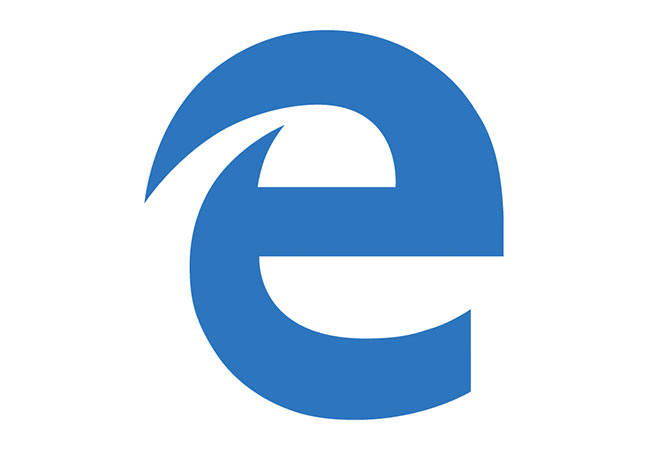
Microsoft announced a new Desktop Analytics service on Thursday, although it's apparently not available yet.

Microsoft announced altered Windows and Office 365 ProPlus servicing on Thursday with the aim of giving organizations more time to carry out upgrades.

A zero-day flaw was disclosed on Monday regarding the Windows Task Scheduler in 64-bit Windows 10 and Windows Server 2016 systems for which there are no known patches or specific workarounds.

Microsoft wants developers of Windows 8/8.1 applications in the Microsoft Store to port their apps to Windows 10, and it described some coming app deadlines.

Microsoft expects to deliver smaller monthly quality updates starting with the next major releases of Windows 10 and Windows Server, according to an announcement this week.

Microsoft is bringing a pseudoconsole to Windows 10, which will make it easier for developers to connect their command-line and graphical user interface-based applications.

Microsoft has been giving some longstanding Windows features like Notepad a facelift with each new Windows 10 preview build. But as Brien notes, some of the changes are more annoying than helpful.

Microsoft should slow down its patch release process and it should only deliver new feature updates to Windows 10 and Office once per year.

Microsoft on Friday announced that .NET Framework fixes are available to address problems caused by its July 10 patches.

PowerShell Core 6.1 is expected to hit "general availability" at the end of this month, but compatibility with some Windows PowerShell modules will lag.

Microsoft on Wednesday offered clarifications on its monthly Windows operating system update release process, and described how IT pros should think about it.

Microsoft announced on Tuesday that System Center Configuration Manager update 1806 will be arriving in the next few weeks.

Microsoft announced on Monday that its Microsoft Edge browser now supports the Web Authentication spec at the preview stage.

Researchers disclosed a new variant 1-type Spectre attack method earlier this week, but Microsoft's software apparently isn't affected by it.

Microsoft announced plans on Wednesday to end distribution of its monthly Windows 10 "delta updates," starting on Feb. 12, 2019.